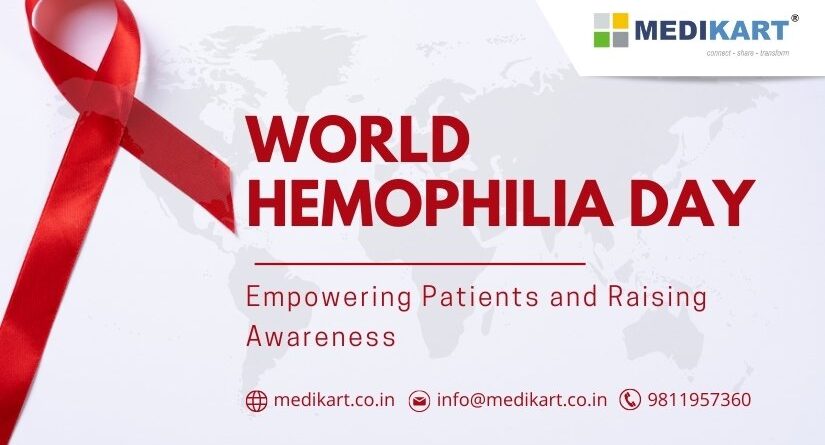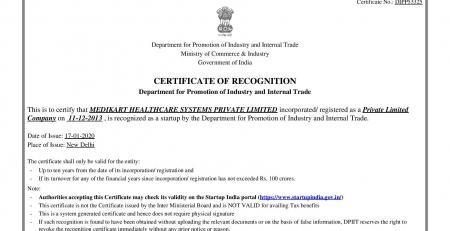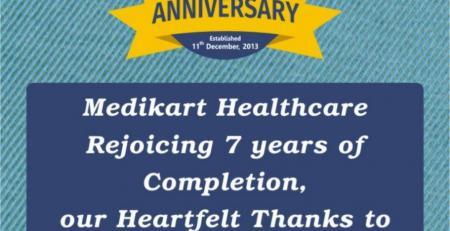World Hemophilia Day: Empowering Patients & Raising Awareness
Every year on April 17th, people observe World Hemophilia Day to increase information about bleeding disorders, particularly hemophilia, and to enhance access to care and treatment for those affected by this condition. Hemophilia is a genetic disorder that affects the blood’s ability to clot, resulting in excessive bleeding even from minor injuries.
Understanding Hemophilia
Hemophilia is a rare condition that mostly affects males. People with hemophilia have a problem with blood clotting because their body doesn’t have enough of certain clotting factors. Hemophilia comes in two main types: hemophilia A, which happens when the body doesn’t have enough clotting factor VIII, and hemophilia B, which happens when there isn’t enough clotting factor IX. Hemophilia can be mild or severe, depending on how much clotting factor is missing from the blood.
Symptoms of Hemophilia
The symptoms of hemophilia can vary depending on the severity of the condition. In mild cases, individuals may not experience any symptoms until they are injured. In severe cases, individuals may experience spontaneous bleeding episodes, particularly in the joints, muscles, and internal organs. These bleeding episodes can cause pain, swelling, and in severe cases, can be life-threatening.
Treatment and Management of Hemophilia
Although there is no cure for hemophilia, it can be managed through various treatments. The primary treatment for hemophilia involves replacing the missing clotting factor through intravenous injections. Patients can receive this treatment either on-demand when bleeding occurs or as a prophylactic, with regular infusions to prevent bleeding episodes. Other management strategies include physical therapy, pain management, and avoiding activities that can cause injury or bleeding.
Raising Awareness for Hemophilia
Raising information for hemophilia is crucial for enhance access to care and treatment for those affected by this condition. While individuals with hemophilia face numerous challenges, such as frequent bleeding episodes and joint damage, accessing affordable and quality care remains a particularly significant issue, especially in low-income countries. Additionally, limited access to prophylactic treatment and specialized care can exacerbate these challenges. Therefore, improving access to affordable and quality care for individuals with hemophilia should be a top priority for policymakers and healthcare providers worldwide.
World Hemophilia Day is an important occasion to acknowledge the obstacles confronted by individuals living with hemophilia and to raise information about this condition. Educating ourselves and others about hemophilia can help improve the quality of life for those affected by this condition and support the pursuit of a cure.


















Leave a Reply